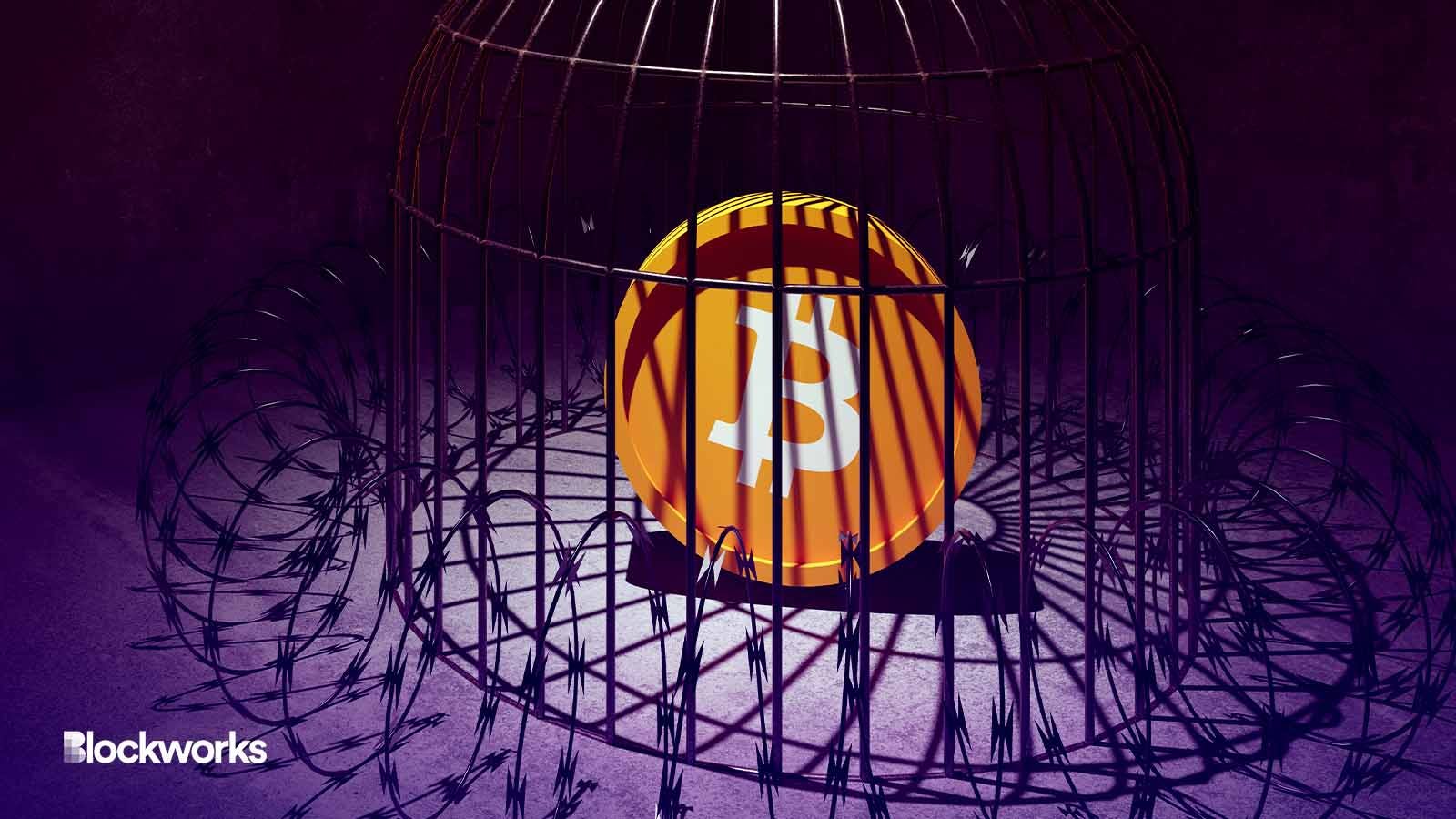Singapore and Thailand crack down on crypto staking
The Thai SEC says it’s “forbidden” to advertise crypto lending

pakie/Shutterstock modified by Blockworks
Both Singapore and Thailand are moving forward with crypto regulation. Specifically, the two entities are cracking down on staking services.
The Monetary Authority of Singapore said that it aims to restrict Digital Payment Token (DPT) service providers from “facilitating lending and staking of DPT tokens by their retail customers.” MAS has not formally announced regulations, but instead outlined its focuses in a paper released Monday.
Thailand’s Securities and Exchange Commission (SEC) also announced that it was banning lending and staking services effective Aug. 30.
“It is forbidden to advertise or persuade the general public or do any other act in the manner of supporting the deposit taking & lending service,” the Thai SEC wrote in a news release Monday.
Following a comment period, MAS published the paper focusing on DPT service providers, saying that it has “strong concerns” with service providers “playing a role in facilitating the lending and staking of retail customers’ assets.”
MAS says that it has observed “significant consumer harm” resulting from staking and lending. It notes that there are “inherent conflicts of interest” for digital asset service providers to facilitate such services.
“In most cases, once the assets of the retail customer are lent or staked, they may no longer belong to or be controlled by the retail customer, and would not be protected by the segregation and custody requirements imposed on” digital asset service providers, MAS noted in its paper.
Regulatory agencies for both countries are requiring disclosures to better inform investors of the risks involved with crypto.
In addition, the Thai SEC also requires a risk disclosure that is “clearly visible” to the customer before consumers can use a crypto service.
Meanwhile, MAS will ensure that there is no commingling of customer funds in a proposal that will also place customer assets in a trust.
This will mean that “individual customers’ assets can be commingled in an aggregated pool, but this pool must be kept separate” from the assets of the service provider.
Get the news in your inbox. Explore Blockworks newsletters:
- The Breakdown: Decoding crypto and the markets. Daily.
- 0xResearch: Alpha in your inbox. Think like an analyst.






